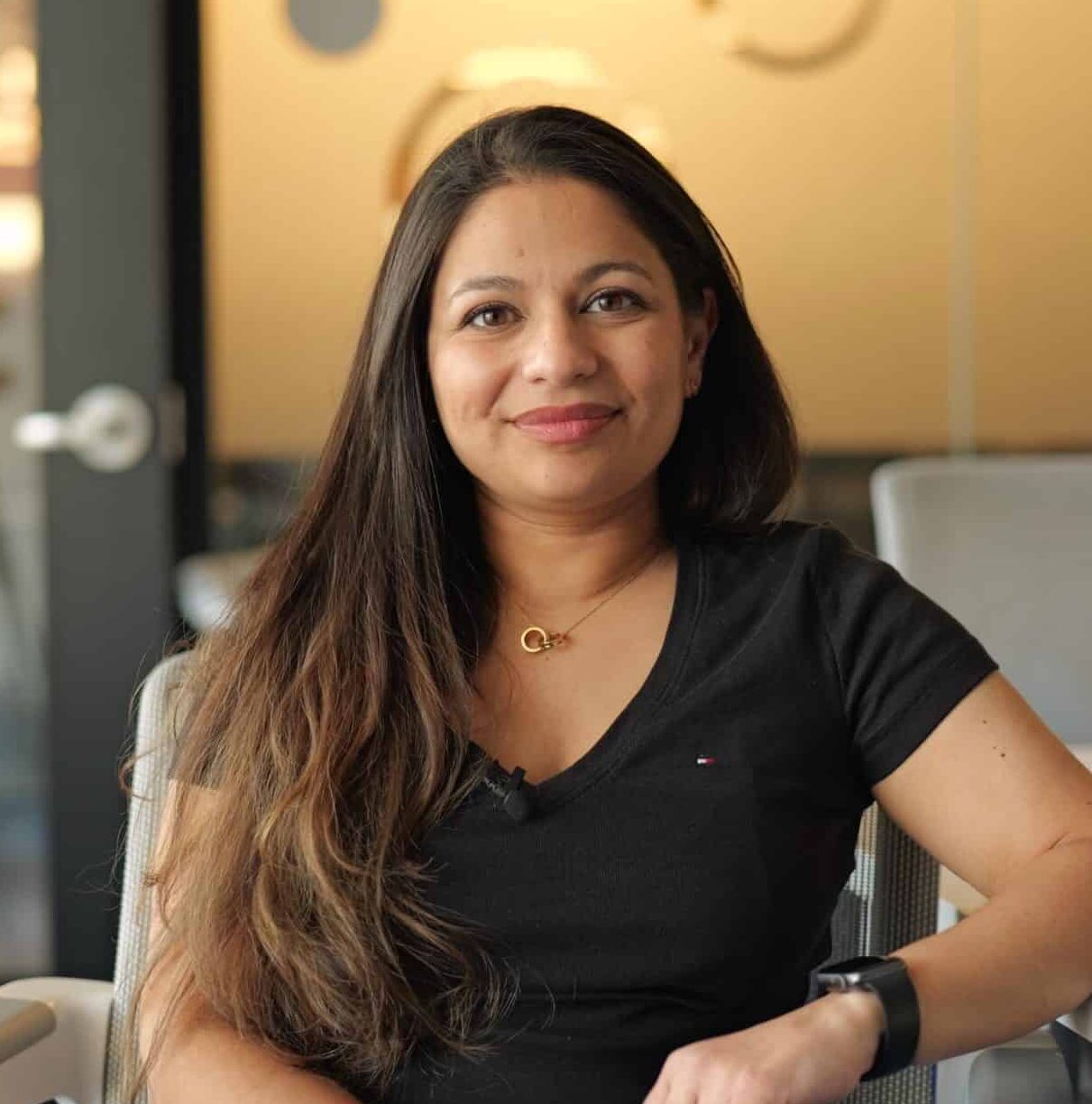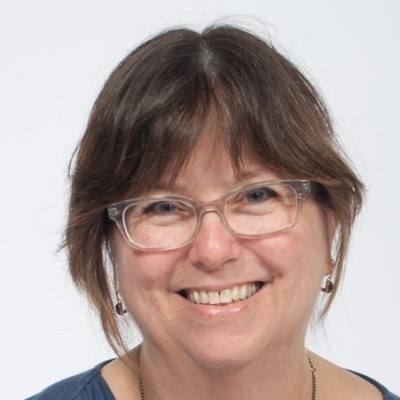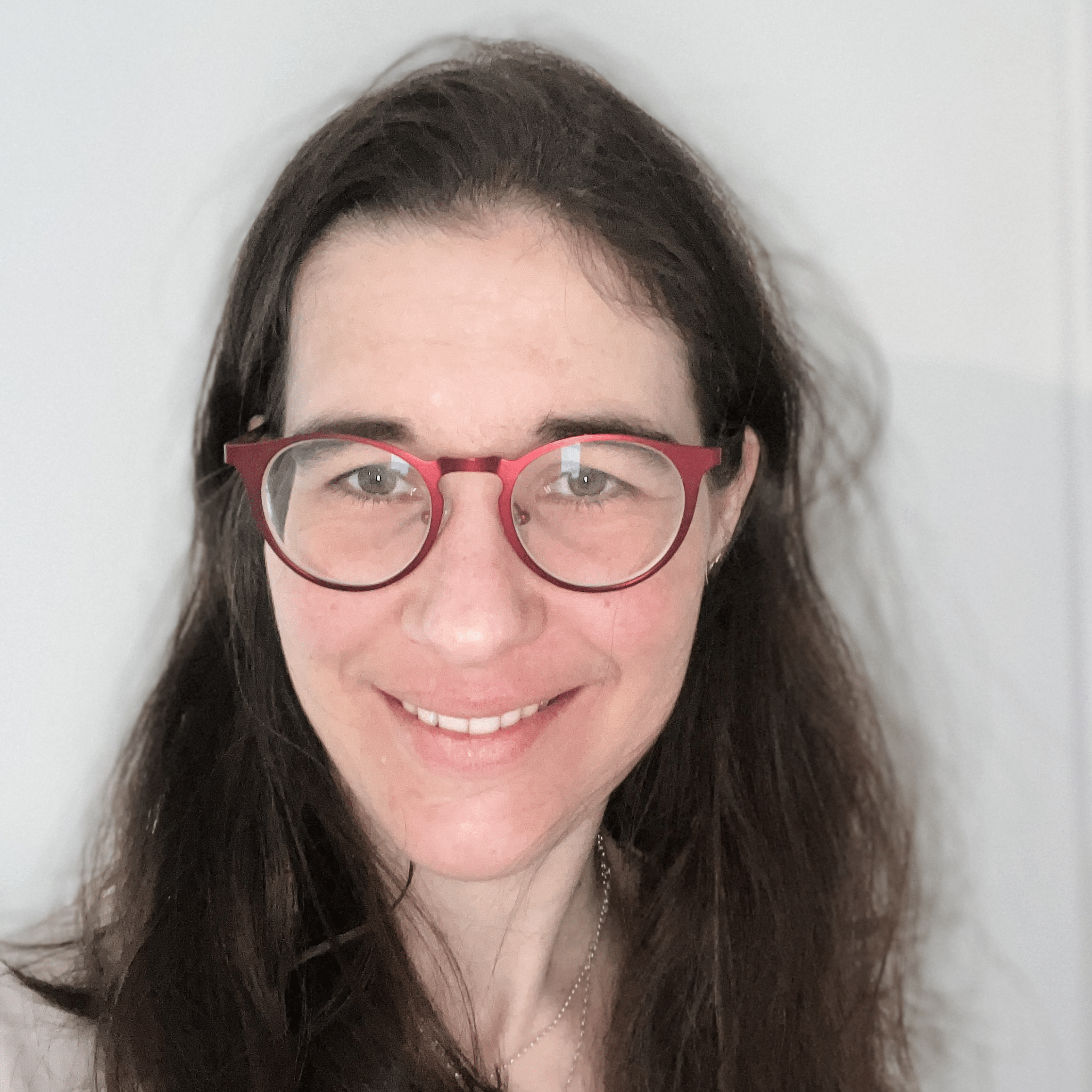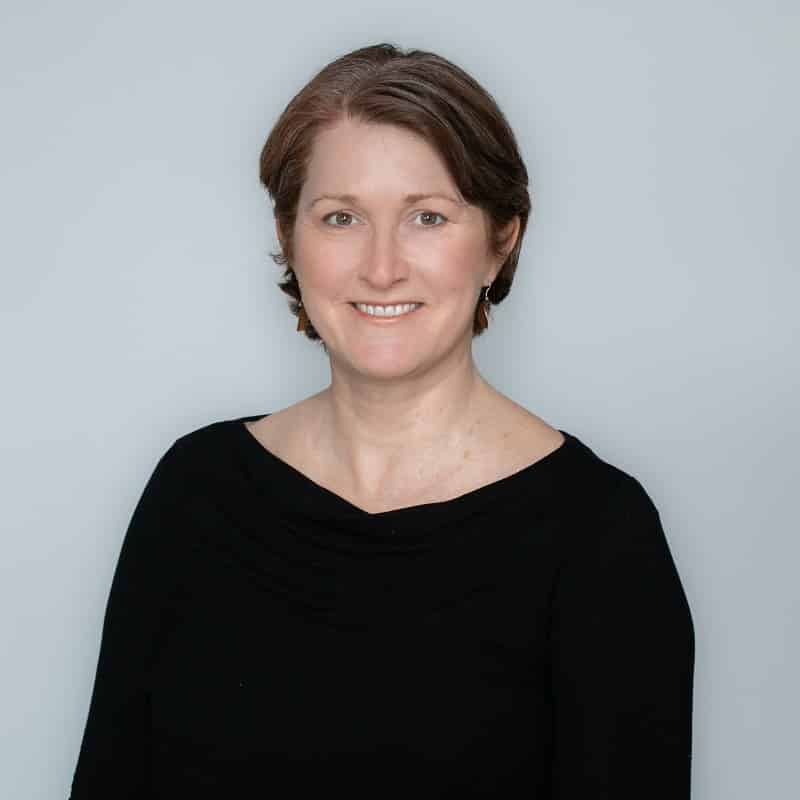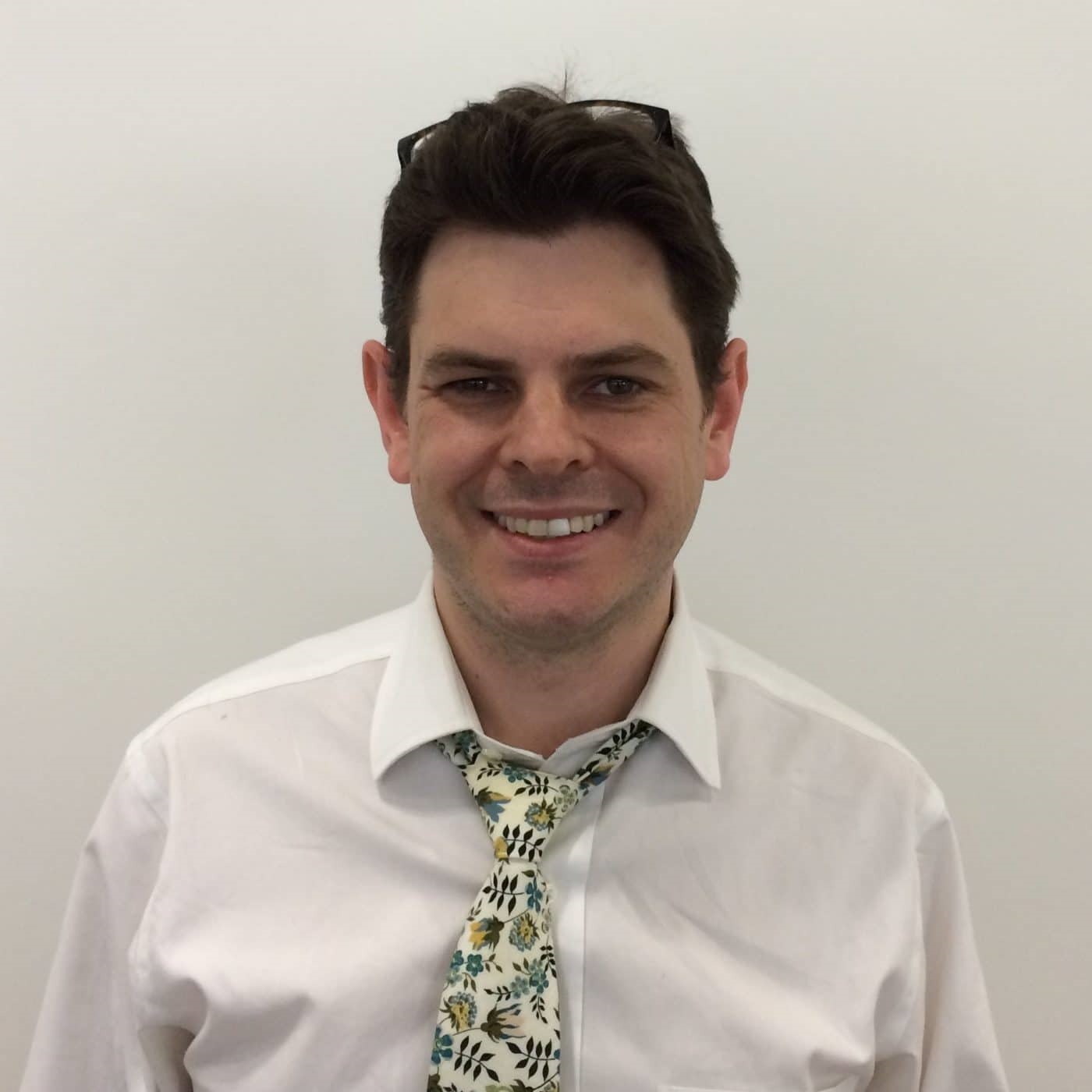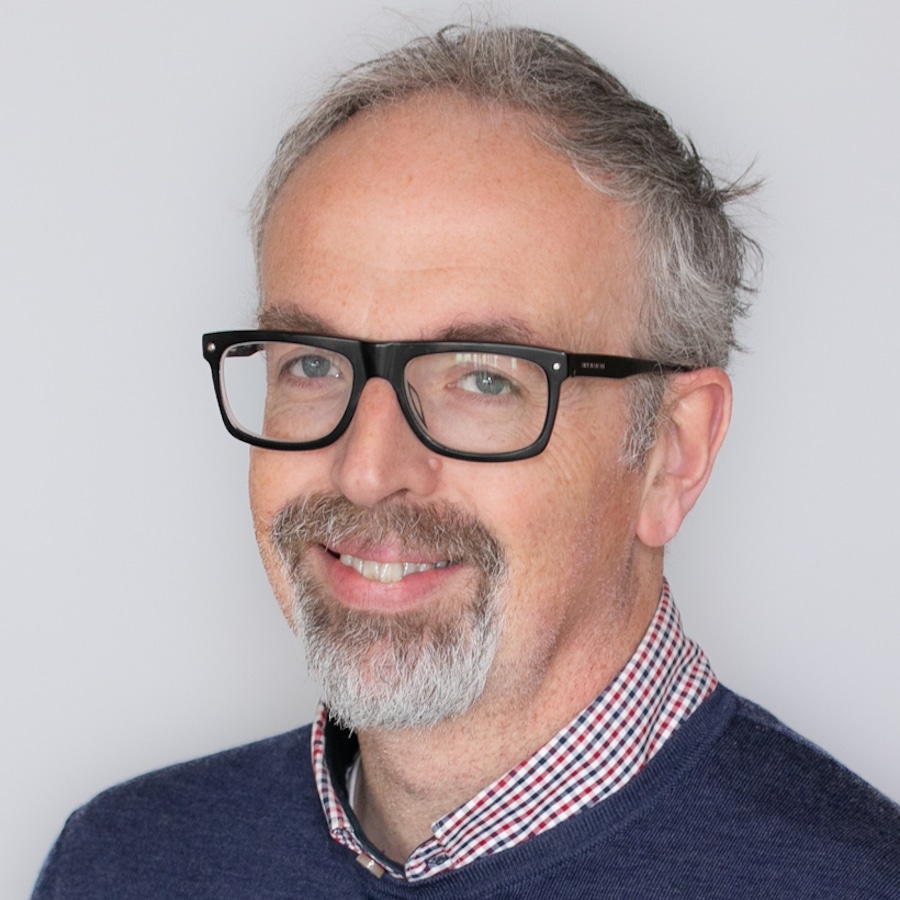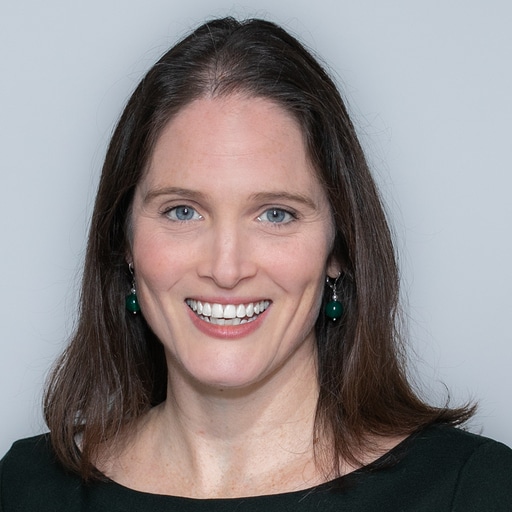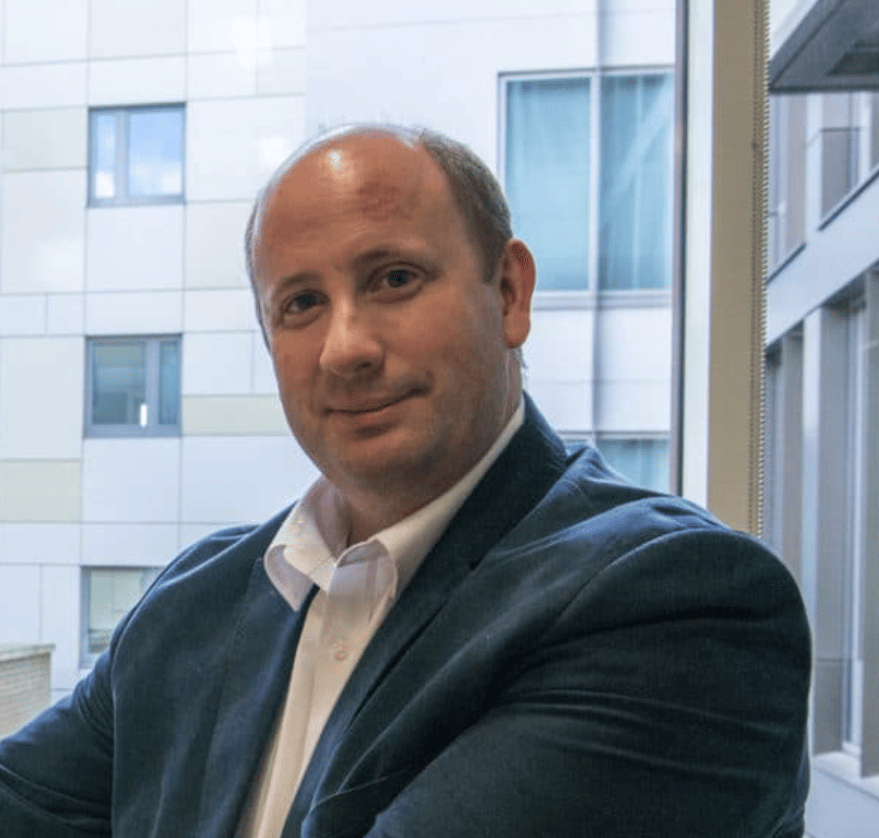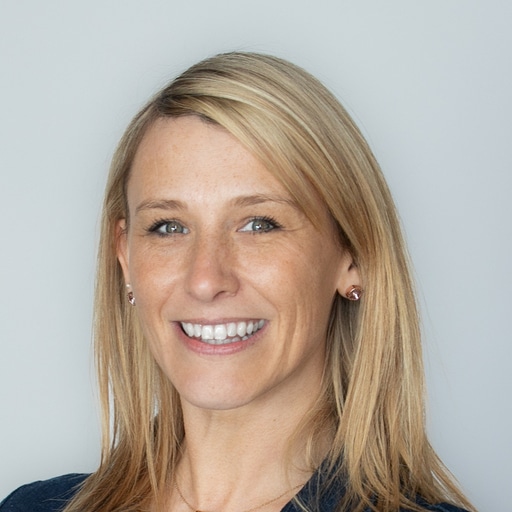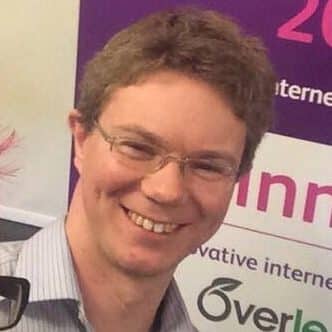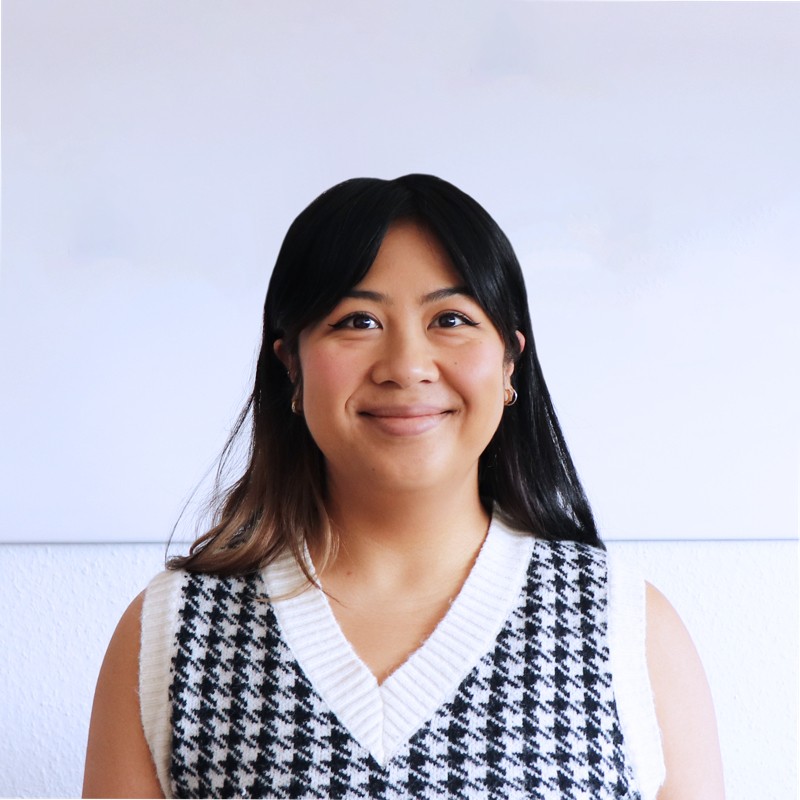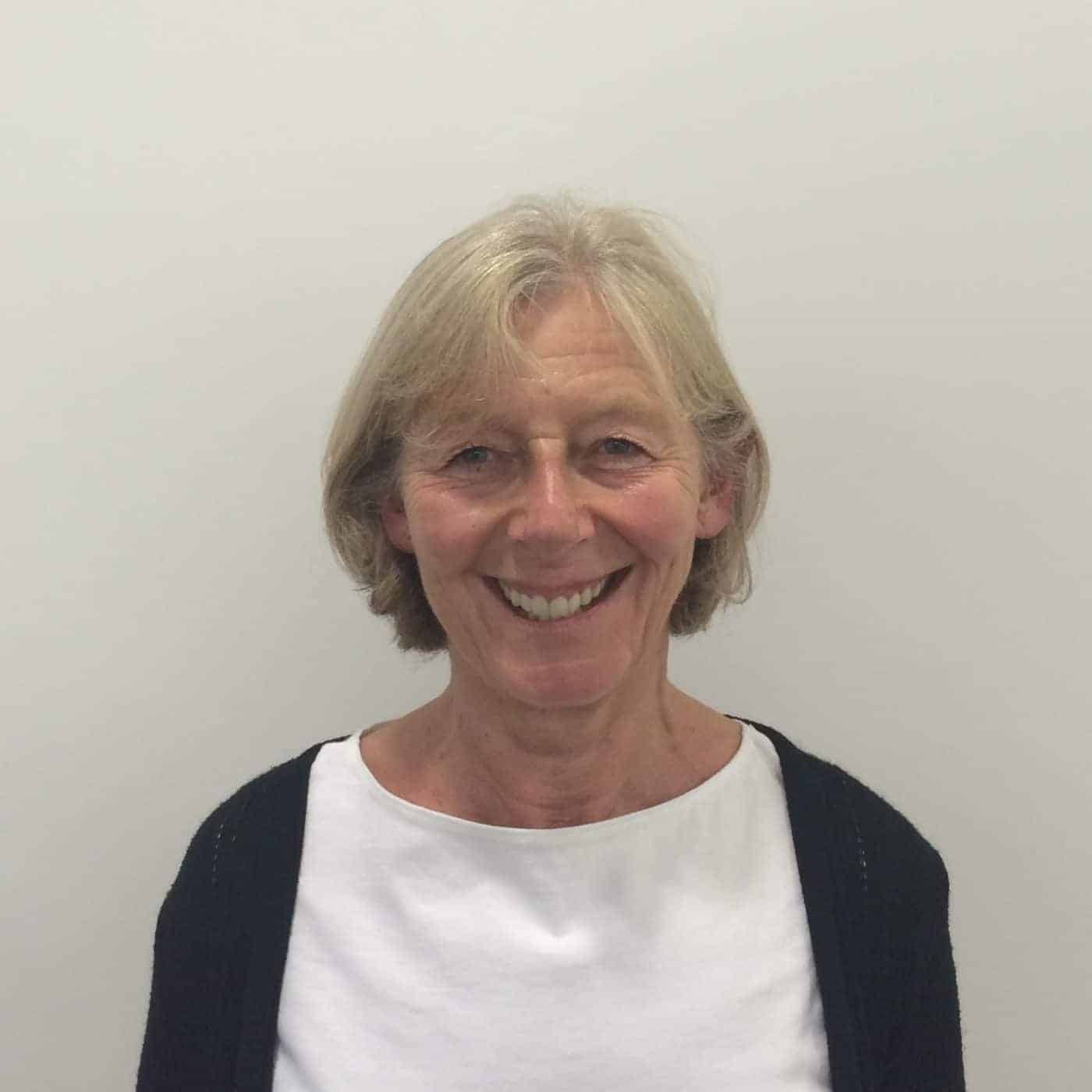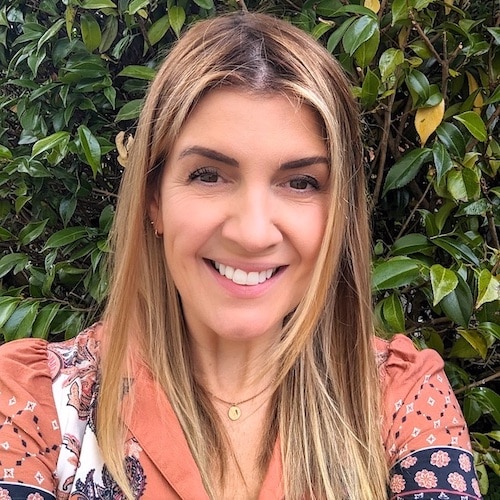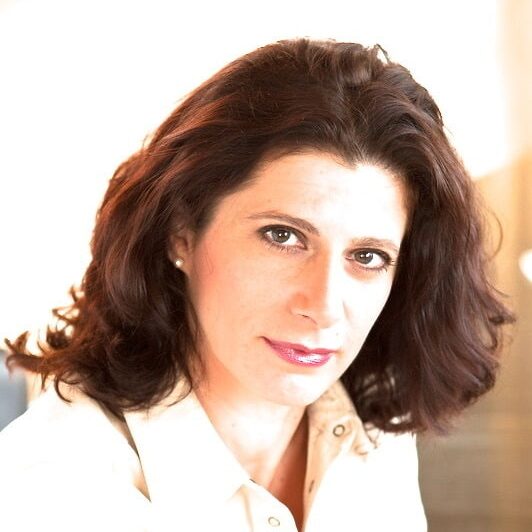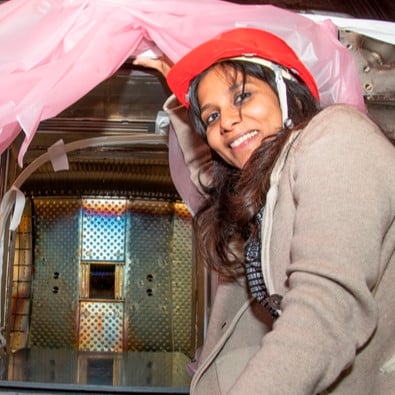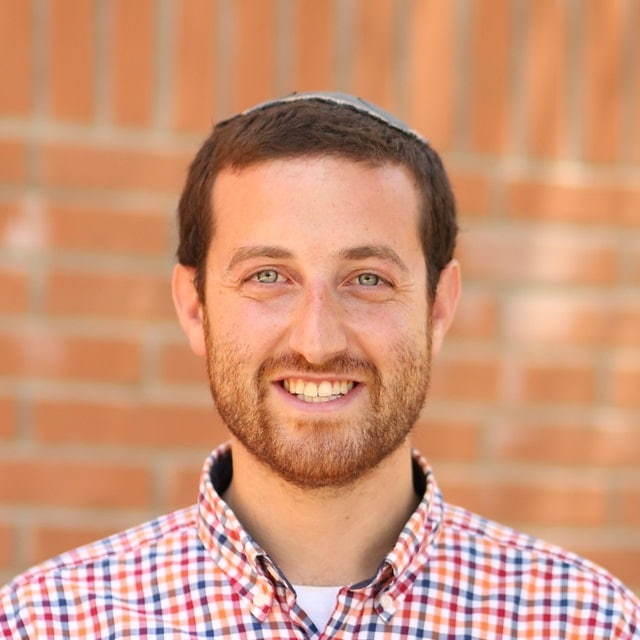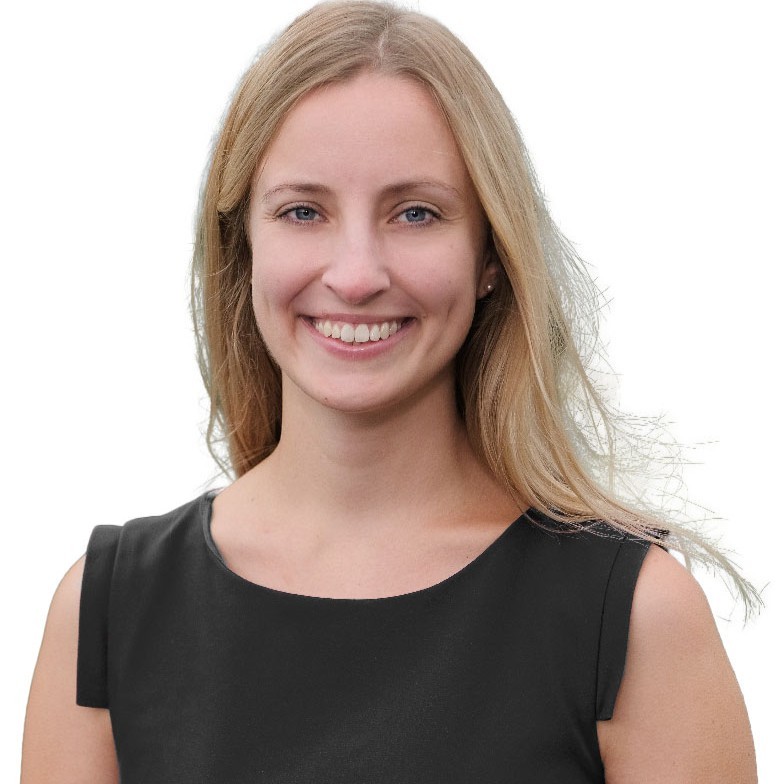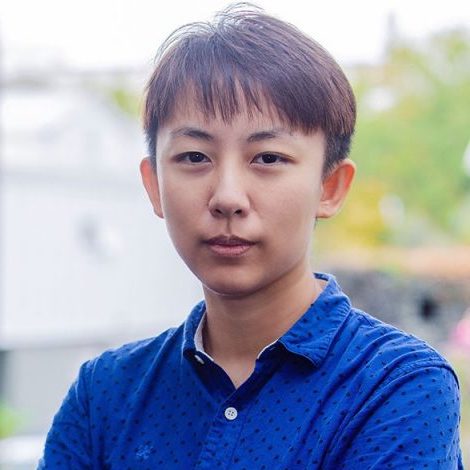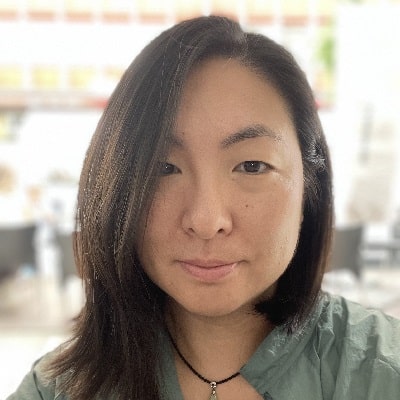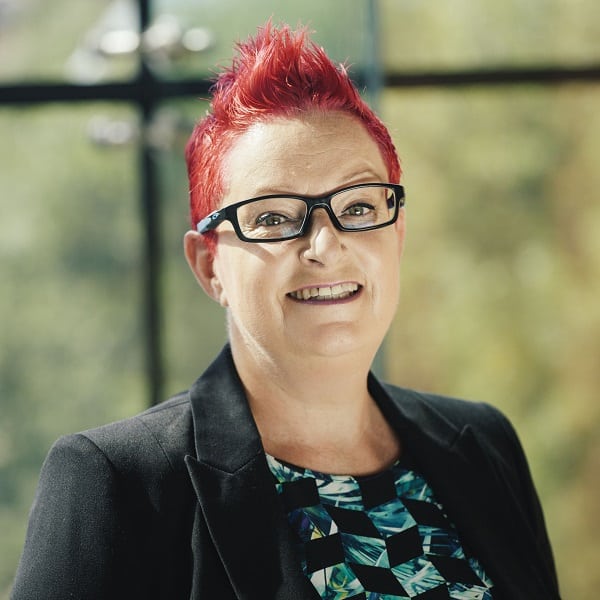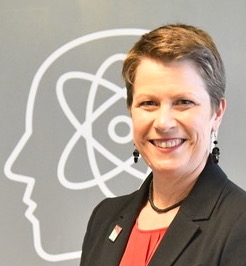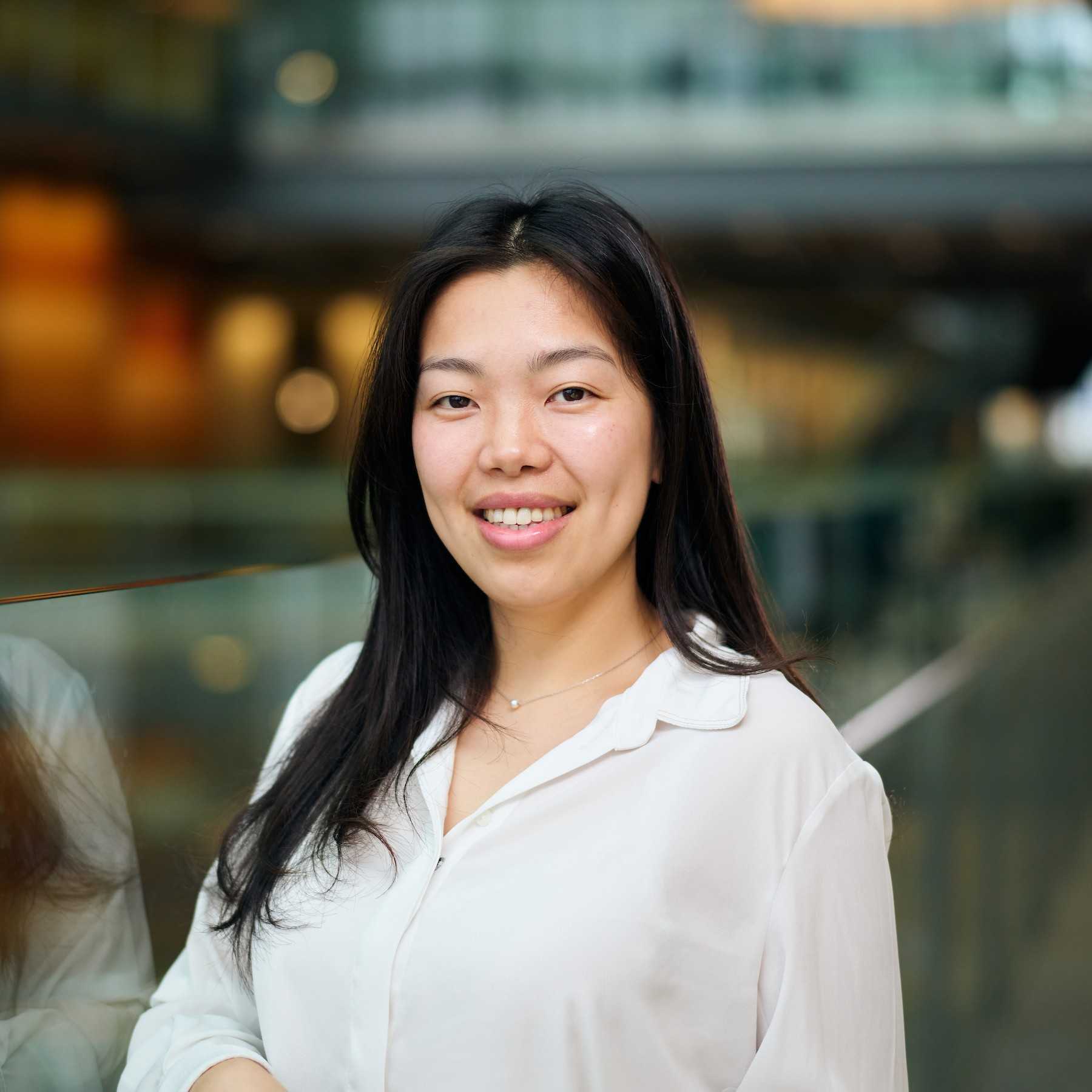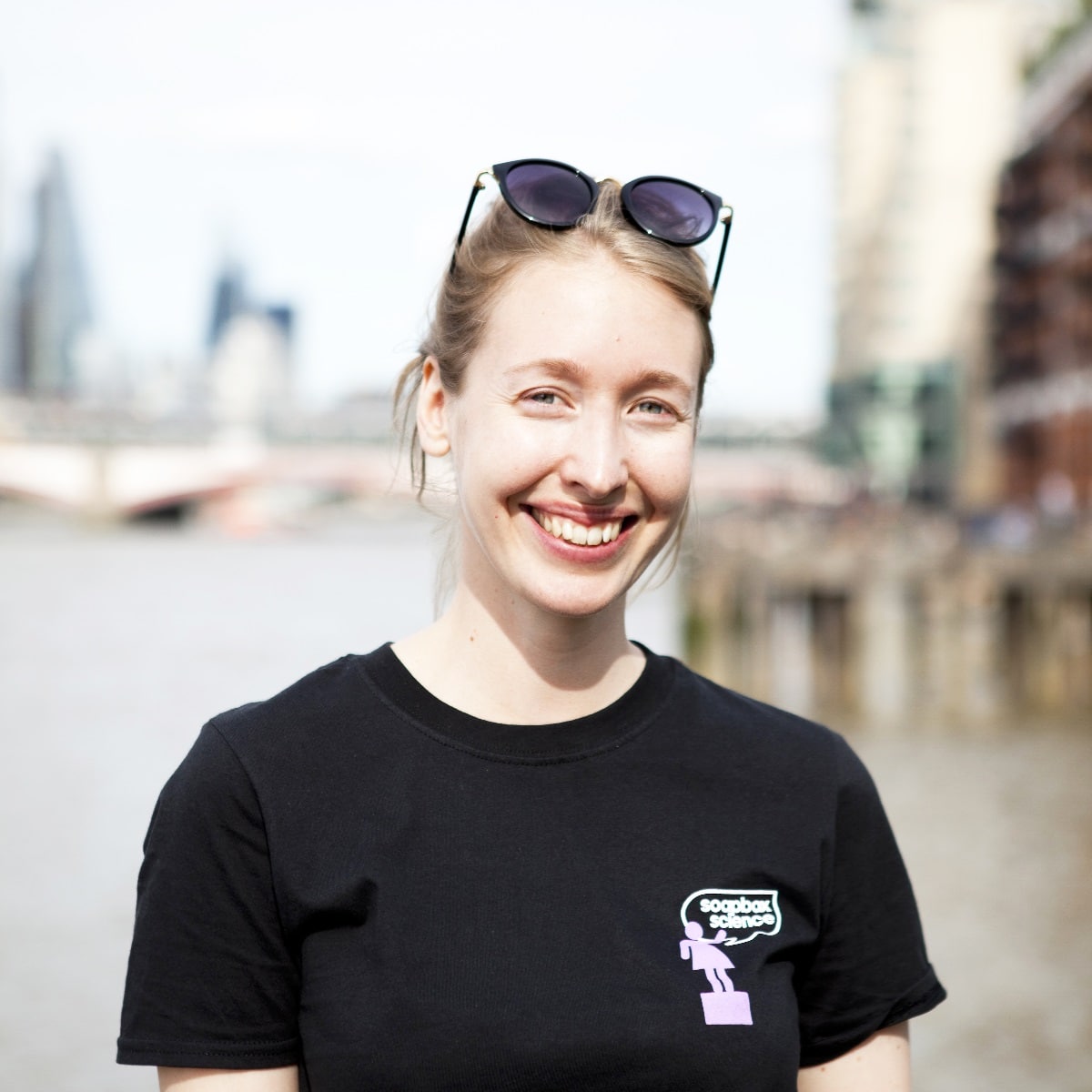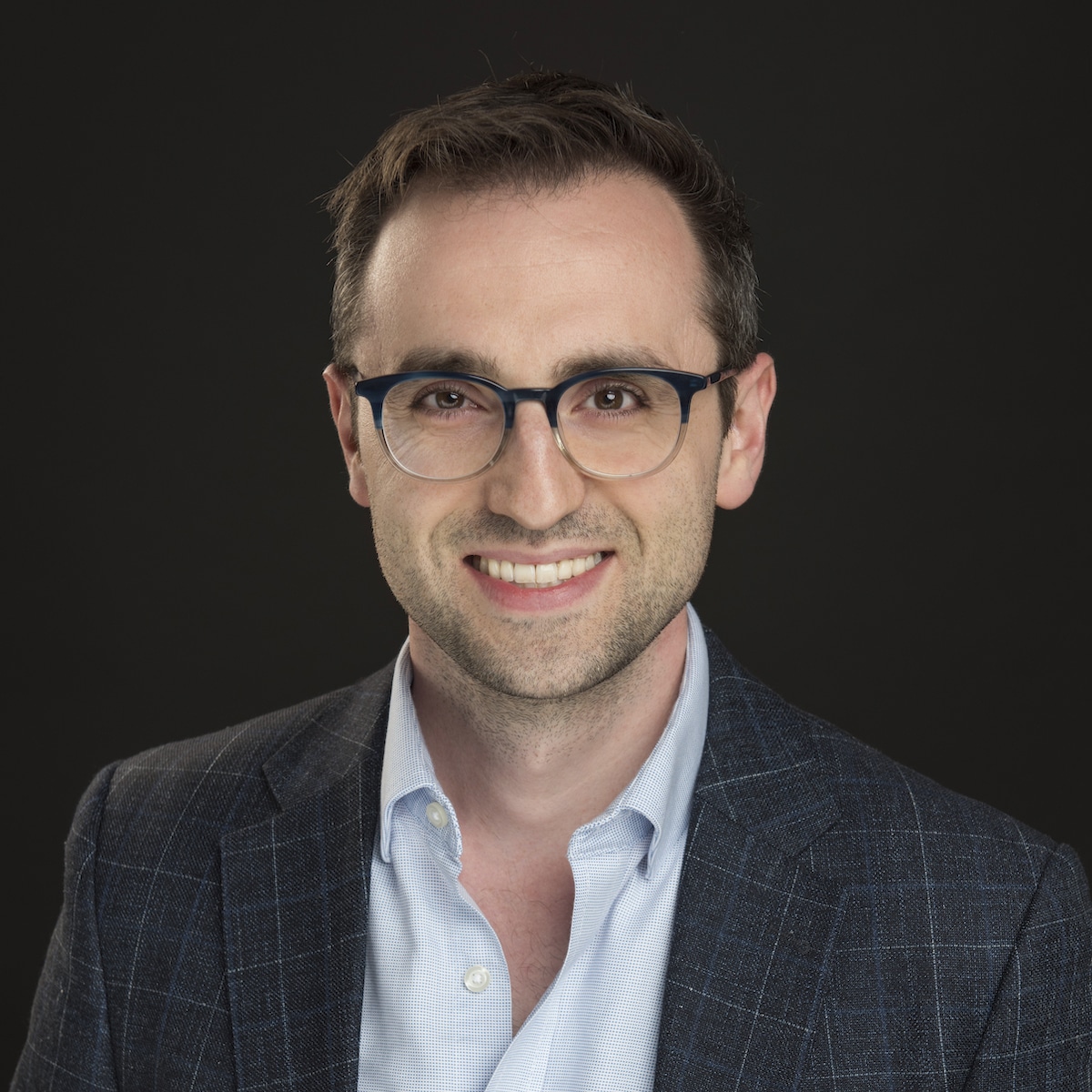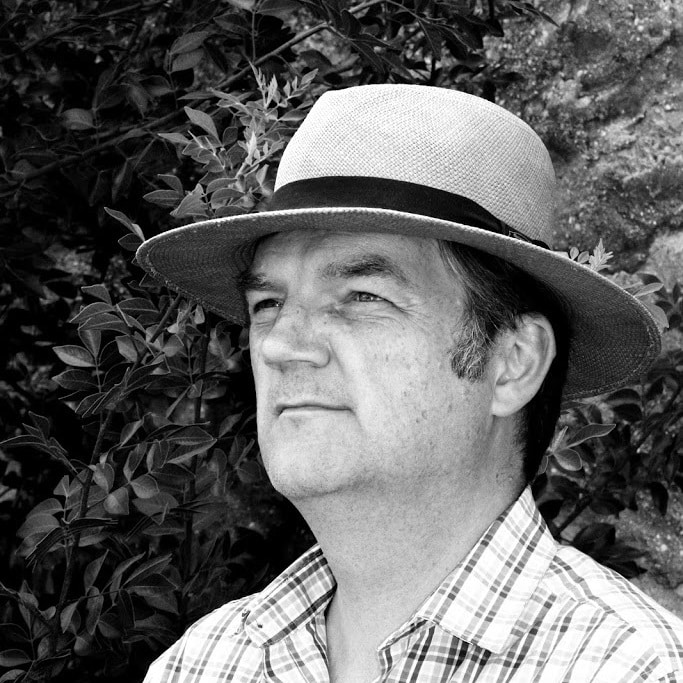In an age of rapid scientific advancements and an overwhelming volume of information, good science journalism has never been more important. Deborah Blum, a Pulitzer Prize-winning journalist and director of the Knight Science Journalism program at MIT, is leading the charge on this mission. Through her work and the skills she builds in other science journalists, she bridges the gap between science and society, helping to improve understanding, combat misinformation, and rebuild public trust in the scientific process.
In our first Speaker Series chat of 2025, and in a month that heralds much political interest in the role of truth and trust in society, Deborah delves into the challenges and opportunities facing science communication today. She explores the importance of storytelling, the necessity of improving scientific literacy in all, and the steps needed to build a future where science journalism drives meaningful dialogue and action. Her insights offer a vision of how journalists and scientists can work together to showcase the human side of science and ensure it serves all communities fairly and effectively.
Deborah Blum is an acclaimed science journalist, Pulitzer Prize-winning author, and Director of the Knight Science Journalism program at MIT. With a career spanning decades, she has worked tirelessly to bridge the gap between science and the public through her compelling storytelling and her commitment to advancing science literacy. Her influential books, which include The Poisoner’s Handbook and The Poison Squad, explore the intersection of science, history, and societal impact. At the Knight Science Journalism program, Deborah leads efforts to train and support journalists worldwide, fostering a global community dedicated to improving the quality of science communication and addressing pressing challenges like misinformation and declining public trust in science.
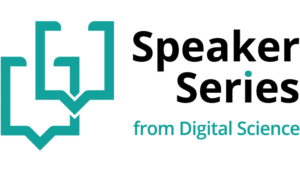
The Role of Science Journalism
Science journalism plays an important role in making connections between scientific discoveries and people’s everyday lives. Deborah describes the role that science journalists play in helping to translate complex scientific ideas into stories that resonate with readers. Good storytelling can make even the most abstract research feel relevant and engaging.
In a world increasingly driven by scientific and technological progress, this connection is more important than ever. Deborah highlights that science journalism not only informs but also inspires public interest and action. By showing how science impacts issues like health, climate change, and technology, journalists help communities see the relevance of research in shaping our future. As she puts it, “We need to write about science and its impacts, right? We need to acknowledge that it has these social and cultural impacts. We need to illuminate those in all of their social justice issues.”
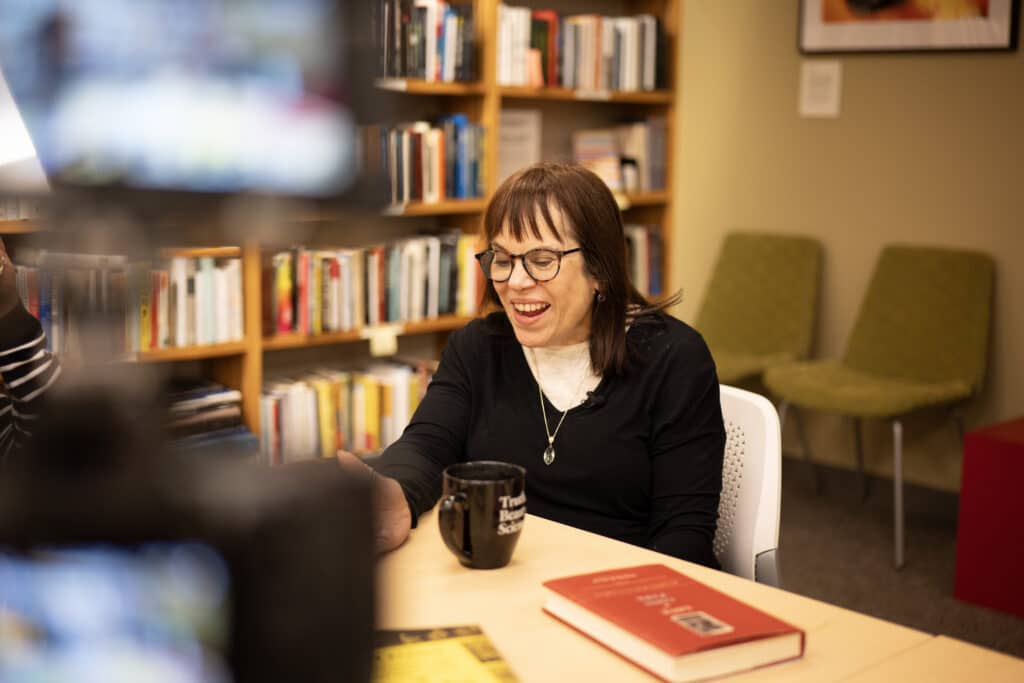
The Impact of the KSJ Program
At the heart of Deborah’s work is her leadership of the Knight Science Journalism (KSJ) program at MIT, where she has been Director for a decade, a role which she will be stepping down from in July 2025. The KSJ program is somewhat of a global engine for excellence in science communication. The program provides resources, fellowships, and a thriving community for journalists to deepen their expertise and broaden their perspectives.
But the KSJ program goes beyond training – it builds a community of professionals who share a commitment to thoughtful, accurate reporting. Deborah believes this community approach is critical in a world where misinformation spreads rapidly. When journalists feel supported and connected, they are better equipped to tackle tough stories and elevate public understanding. This global impact is reflected in the program’s alumni, who are shaping conversations about science across continents.
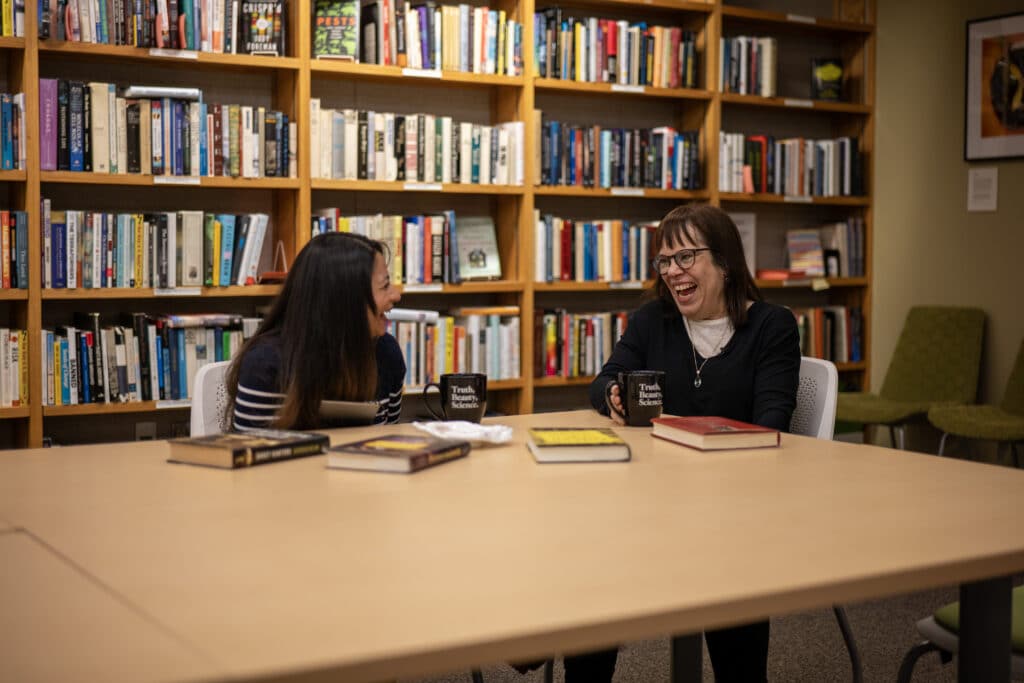
Challenges in Science Communication
Communicating science effectively isn’t without its hurdles. Deborah points out that misinformation is casting an ever-growing shadow, compounded by public scepticism and limited access to scientific education and critical thinking skills. We now live in an age where everyone has a platform from which they can share their thoughts, but not everyone values the accuracy of those thoughts. Deborah emphasised the need for journalists to cut through the noise with credible, engaging stories.
Another challenge is the disconnect between scientists and the public. Deborah argues that many researchers struggle to communicate their work in accessible ways, leaving gaps that can be filled by misunderstanding or fear. “The more people can see scientists as actual human beings next door, the better off we all are,” she insists. Building bridges between these groups is crucial to fostering a more informed and engaged society.
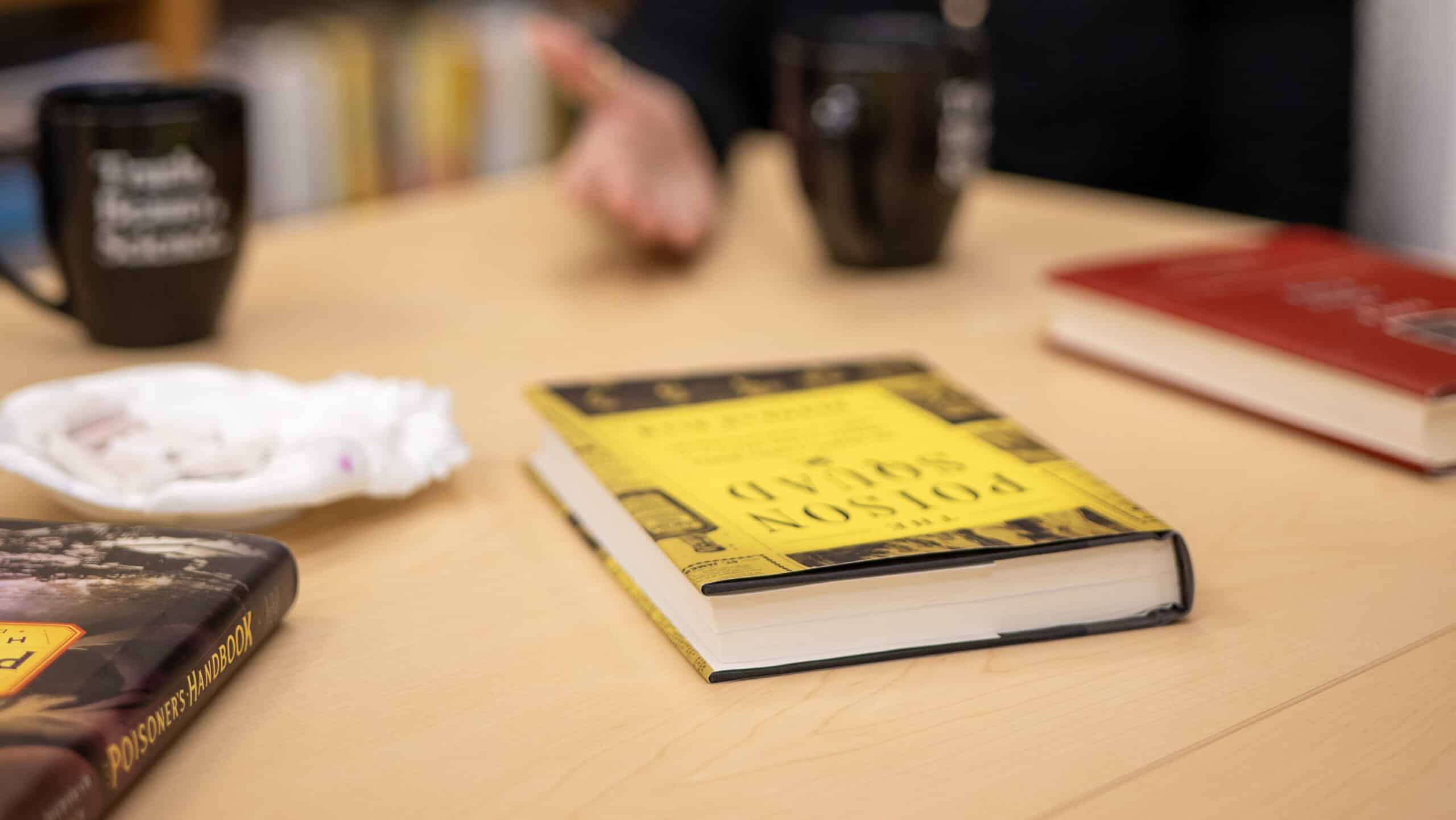
The Importance of Science Literacy
Science literacy is the foundation of informed decision-making, yet many people lack the tools to critically evaluate scientific information, with many people even being fearful and actively disengaged with science. Deborah shares her thoughts about the shortcomings of educational systems. She believes that by not teaching people how to think critically about science, we are doing a disservice to society. Without this foundation, the public is more vulnerable to the potentially negative consequences of pseudoscience and misinformation.
Deborah believes that improving science literacy requires a collective effort. Journalists, educators, and policymakers must work together to ensure that everyone has access to clear and reliable information. It is not only about teaching facts but also about teaching people how to think, and how to evaluate those facts for any inherent bias. “We don’t want everyone to be a scientist, but we do want everyone to know something about science and how to make decisions about science and to recognize that every time you fry an egg or make a cup of tea or peel a banana, you’re engaging with chemistry, right, in everyday science. And it makes the world that much more interesting.” By developing people’s ability to understand and question scientific claims, society can make better choices for the future, and hold bad actors accountable for bad science.
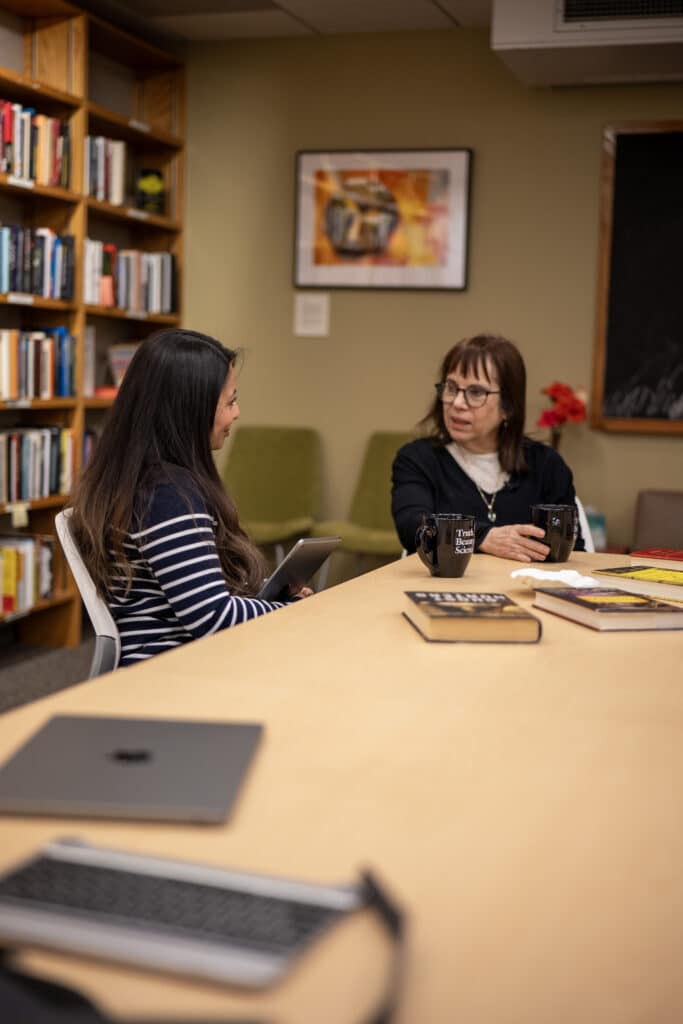
Building Trust in Science
Trust in science has been eroded in recent years, but Deborah sees this as an opportunity for change. Trust isn’t automatically granted – it is something that must be earned. Scientists and journalists both have roles to play in this process. Deborah encourages researchers to embrace transparency and share not just their successes but also their uncertainties and failures, to humanise their motivations and actions, and to showcase the more realistic side of the scientific process.
She also highlights the importance of equity in building trust. Science needs to serve all communities, not just a select few, so addressing social justice issues in science such as unequal access to education and healthcare can help rebuild trust in science’s potential to improve lives. Through honest and inclusive communication, science can regain its role as a trusted guide for society.
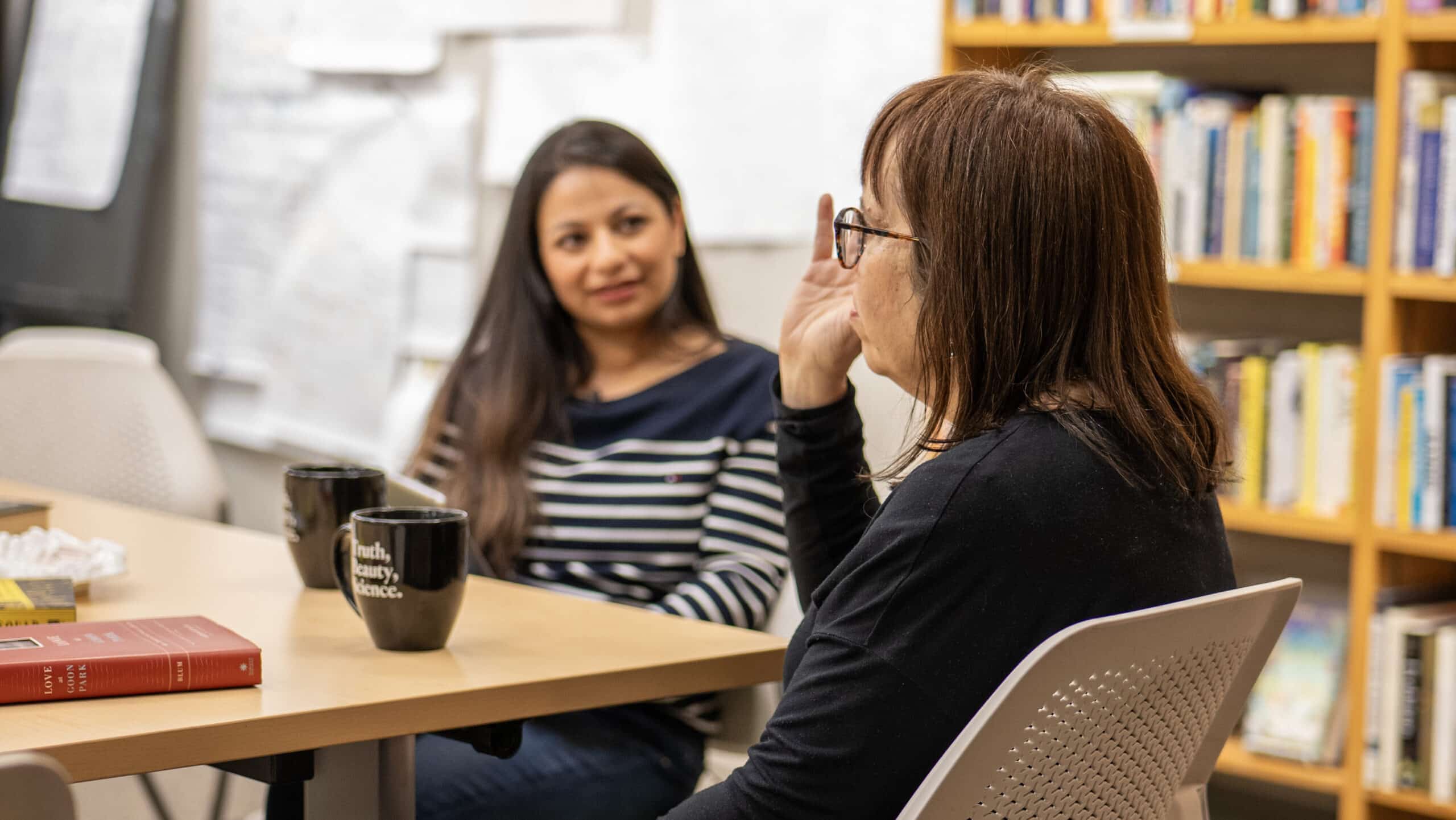
The Future of Science Journalism
Looking ahead, Deborah envisions a future where science journalism is more valuable than ever. She sees the next generation of journalists as not only storytellers but also advocates for social justice. She believes that the future of science journalism lies in showcasing the human side of science, and how it impacts people and communities.
Deborah encourages young journalists to be fearless in tackling big issues, from climate change to misinformation. We need journalists who are smarter, braver, and more curious. By embracing innovation and collaboration, science journalism can continue to be a powerful force for good, shaping public understanding and inspiring meaningful action in an increasingly complex world.
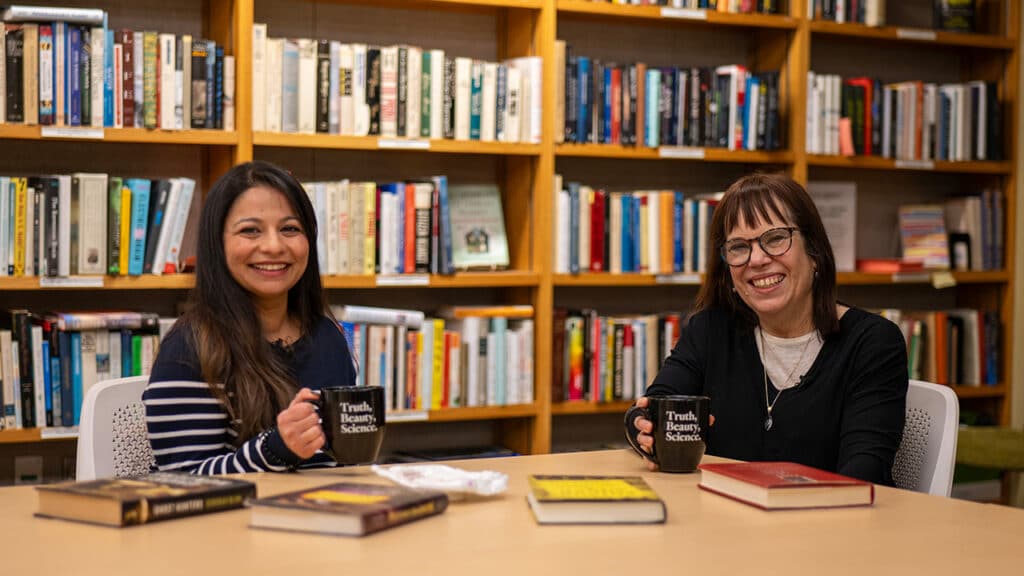
Deborah’s thoughts are a powerful reminder of the critical role that science journalism plays in shaping a better-informed, more engaged society. From her leadership of the Knight Science Journalism program to her advocacy for transparency, equity, and science literacy, Deborah tangibly demonstrates how storytelling can drive meaningful change. As we face global challenges like misinformation, climate change, and declining trust in science, her call for collaboration and innovation in both journalism and science communication is more relevant than ever. By fostering a new generation of journalists who are fearless, thoughtful, and socially conscious, Deborah is helping to build a future where science journalism not only informs but also empowers us to build a better world.
You can watch the full interview with Deborah on our YouTube channel, and check out our Speaker Series playlist on YouTube which includes chats with some of our previous speakers, as well as our TL;DR Shorts playlist with short, snappy insights from a range of experts on the topics that matter to the research community. We’ve even joined the podcast universe! Catch our 2025 Speaker Series season and our chat with Deborah on Spotify or Apple Podcasts.
With thanks to Huw James from Science Story Lab for filming and co-producing this interview. Filmed at the Knight Science Journalism offices at MIT in Cambridge, Massachusetts, USA in April 2024.

